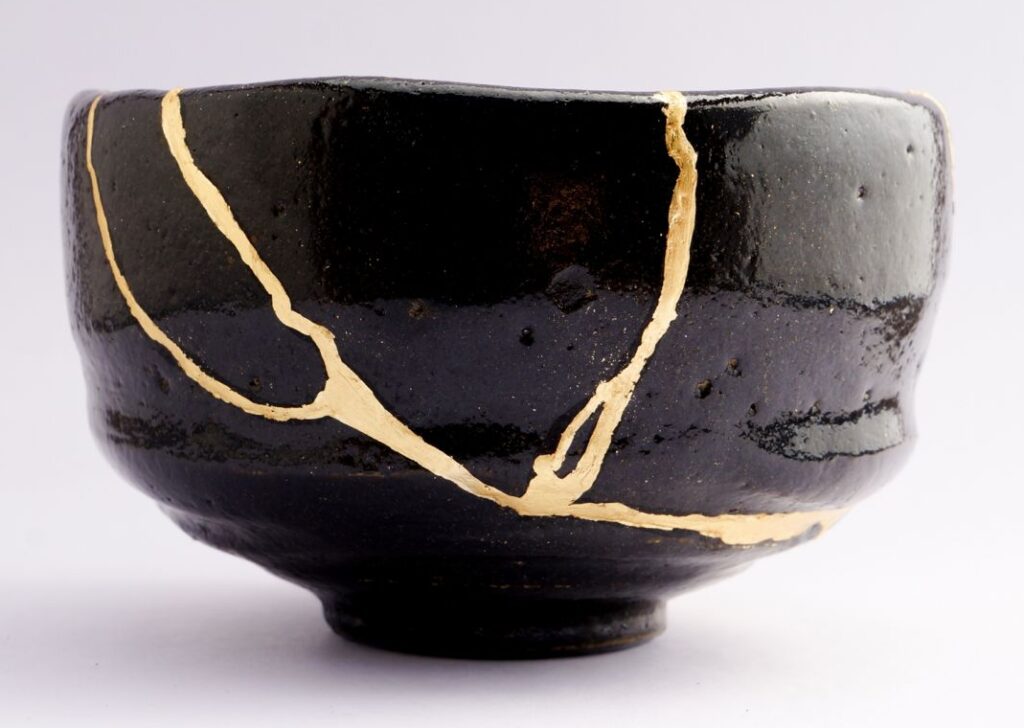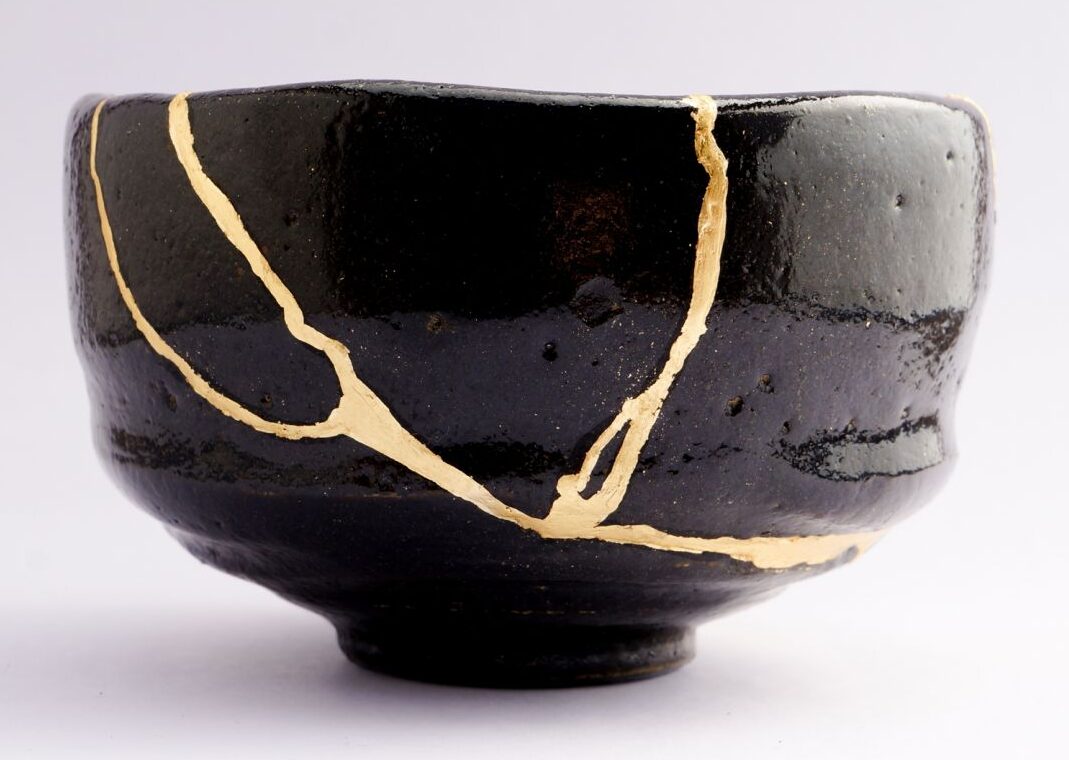Jesus Focuses On The Inside
When Jesus was on earth, a primary focus of His teaching was to debunk some myths about God and faith that the people had accepted. Where Jesus’ focus was always on the inside of a person, spiritual leaders of Jesus’ day made the outside, what people saw, the focus of faith. It was all about following the rules, keeping up appearances, and looking like you had your stuff together.
Jesus Calls Us To Be Broken
But when Jesus came along He was constantly putting the focus on the inside. He turned faith inside-out. People may look at the outward appearance, but God looks at the heart. Instead of looking like you have it all together, instead of carefully observing religious rituals, instead of acting more righteous than you really are, Jesus calls us to be broken.
In Luke 7, Jesus is the guest of a religious leader named Simon. Simon had all the appearances of godliness and success, but his heart was not in it — he didn’t even welcome Jesus appropriately to his home (Luke 7:44-47). While Jesus was there, a well-known “sinner” came in and anointed Jesus’ feet. The guests at dinner looked down on her, but Jesus loved her, forgave her sin, and made her whole.
The truth is that we are all broken, some of us are just good at hiding it — like Simon — and like to look down on people like the woman in this story. We are all broken, and we need to be made whole. But we can’t be made whole until we realize and accept the depth of our brokenness.
In the physical world, broken things lose their value. They are thrown away; flaws are fatal. But in the spiritual world, the opposite is true. Broken things are precious. Broken people reveal the beauty and power of God. Flaws are openings. God can use our brokenness. He can take our broken pieces and remold them into something amazing and beautiful.

Kintsugi: Precious Restoration
God looks at our brokenness much more like something called Kintsugi. This is a ceramic restoration process that was developed in Japan in the sixteenth century. Broken ceramic dishes were sealed together, but instead of hiding the cracks, the cracks were boldly highlighted and traced over with gold. Normally anything that was broken and refurbished would sell at a discount, but not Kintsugi pottery. Most often, the ceramic piece actually turns out to be more beautiful and more valuable than before it was broken.
That sounds a lot like he economy in the kingdom of Heaven. The broken are the most valuable. I encourage you to contemplate the ways in which brokenness has appeared in your life, and the ways in which your heavenly Father can and has recreated you, working all things, even broken things, for your good and His glory.
This is the redeeming power of God through Jesus Christ. When we finally come to the end of ourselves and give God the broken pieces, He can make us whole. Isaiah 53:5 helps us see our brokenness from the perspective of the cross: “But He was wounded for the wrong we did; He was crushed for the evil we did. The punishment, which made us well, was given to Him, and we are healed because of His wounds.” (NCV)
We’re Made Whole Because Jesus Was Broken
Isaiah is saying that we are made whole because He was broken. It’s only after we have been made whole that we are ready to fulfill our purpose and be used by God. God makes broken things whole and then puts them proudly on display for the world to see. The question is whether or not we are willing to let the cracks show. For some of us, nothing could be more unthinkable. We want to airbrush any mistakes or flaws or scars. Don’t hide your cracks and flaws; let God boldly highlight them creating something more beautiful. “My sacrifice, O God, is a broken spirit; a broken and contrite heart You, God, will not despise.” (Psalm 51:17)
Psalm 147:3 assures us that our Father heals the brokenhearted and binds up their wounds. Depending on how we learn to view our brokenness and healing, we can come to see ourselves as even more beautiful and whole than we’d have been if our brokenness and mending had never occurred.
Excerpts from Kyle Idleman’s book, “The End of Me”
Brokenness Does Not Have To Lead To Depression
We all need someone to listen to us, to validate what we’re thinking and feeling, and to offer us perspectives that align with God and His word. Life Training Christian Counseling has been offering Christ-centered counseling methods for over fifteen years. We hold ourselves and our counseling to the authority of scripture. And our focus is to help each client work on the deeper parts of what’s going on in their lives, not merely the symptoms or effects.
Our counselors are all ordained Christian ministers as well as Certified and Licensed Christian counselors through the National Christian Counselors Association. We are able to help you find freedom from the struggles in your life and relationships. Our specialities include helping individuals who are dealing with shame, anxiety, depression, or marriage issues in ways that honor God and value the individual. Our counselors are highly qualified to woek with pre-teens, teens, adults of all ages. We are also board certified in Marriage & Family counseling. We specialized in working with couples – whether married, engaged, pre-marital, or just dating.
Please click on this link to learn much more about how our Christian counseling in Louisville, Kentucky can help you become a more authentic follower of Christ, and help you find freedom from whatever you may be struggling with. We offer convenient sessions at our office in Louisville, Kentucky, as well as online counseling via Zoom or FaceTime. Contact us today at 502-717-5433, or by email at drdave@lifetrainingcounseling.org

